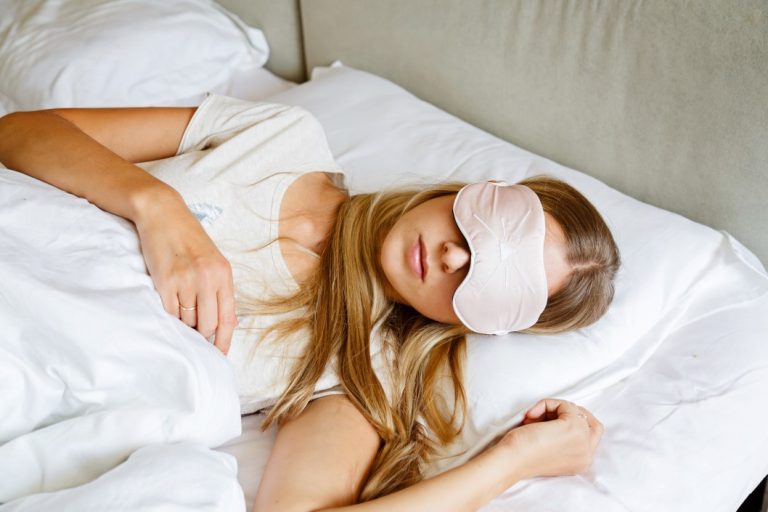
Is there anything I should do in the evening?
What should I avoid doing in the evening?
You should avoid caffeinated drinks close to bedtime, and this isn’t just limited to tea and coffee. Many soft drinks – especially colas – contain a substantial amount of caffeine and have been shown to impact sleep. Experts have differing opinions on how long before bedtime you should limit caffeine and opinion suggests avoiding it for between 3 to 7 hours prior to going to sleep. A good rule of thumb is not to have caffeinated drinks after lunchtime if you’re already dealing with sleep issues It’s been shown too that cigarette smoking can also make it more difficult to go to sleep and so smoking before bedtime is best avoided. Smoking can also make issues like snoring and sleep apnea worse as well.
Before going to bed, avoid activities that are stimulating. Exercise, computer games, television, movies, interacting on social media, and responding to emails and text messages are all included. In a brightly lit environment or when using a computer, blue light can reduce evening levels of melatonin, an important hormone for sleep. When you’re on the couch, try not to drift off because you’ll reduce your sleep pressure and have a hard time falling asleep at night.
What about the link between meals and sleep health?
How should I prepare my bed for the best night’s sleep?
Are there daily activities that help with sleep health?
If I can't fall sleep, what should I do?
If your mind won't shut off, what do you do?
What’s the verdict? Are naps good or bad?
Do prescription medicines and sleep?
How much sleep do I really need?
Most adults need between seven and eight hours sleep each day. Be realistic about your needs and remember that people of differing ages have different sleep needs. If you’re a poor sleeper, it’s very important not to spend too much time in bed, ideally no more than 8 or so hours spent in your bed in any night. Spending excess time in bed will tell your body that sleeping intermittently is okay at night and this isn’t a healthy sleep habit to get into.
Is a sleep routine really that important?
A sleep routine certainly is important if you’re looking to improve your sleep health. Finding that better routine, and then sticking to it, is essential if you’re looking to have consistently better sleep. Improved sleep just won’t happen if you don’t make positive changes but luckily when good sleep habits are maintained you can expect your sleep to be better.
Of course there will be the odd occasion when you are out of routine, but sticking as closely as you can to a daily sleep routine should be the goal. Like with most things, you’ll probably need to make some tweaks and adjustments until you work out the optimal routine for you. Then of course, do your best to stick to it for longer term better health sleep.
Naturally, if you feel you’ve tried everything and still aren’t getting decent sleep then it’s probably time to consult a professional. You can begin with your GP who may have some additional suggestions or even refer you to a sleep specialist. Feel free to get in touch on 1800 717 566 with any sleep related queries or so find out what’s involved in a sleep study.



